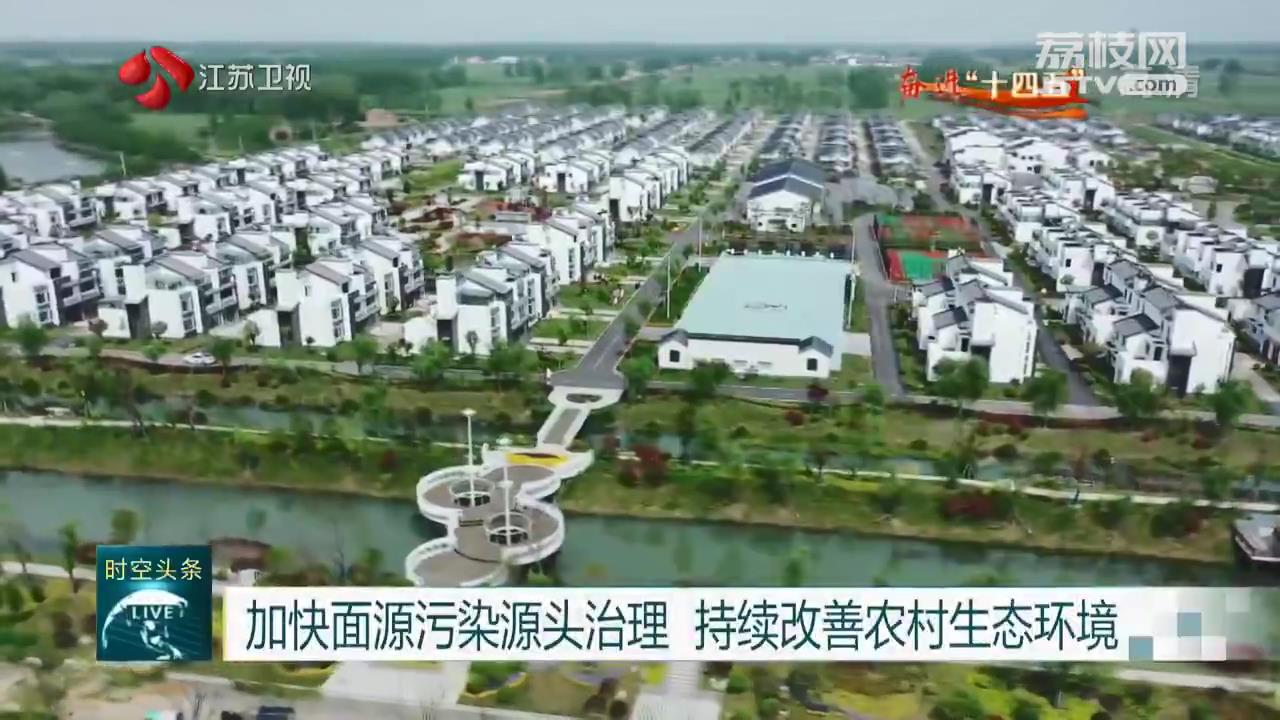East China’s Jiangsu province will make unremitting efforts to promote the prevention and control of agricultural pollution from the source so as to improve the rural environment and rejuvenate the land of fish and rice.
Random discharge of rural domestic sewage has always been a major factor affecting the construction of beautiful villages.
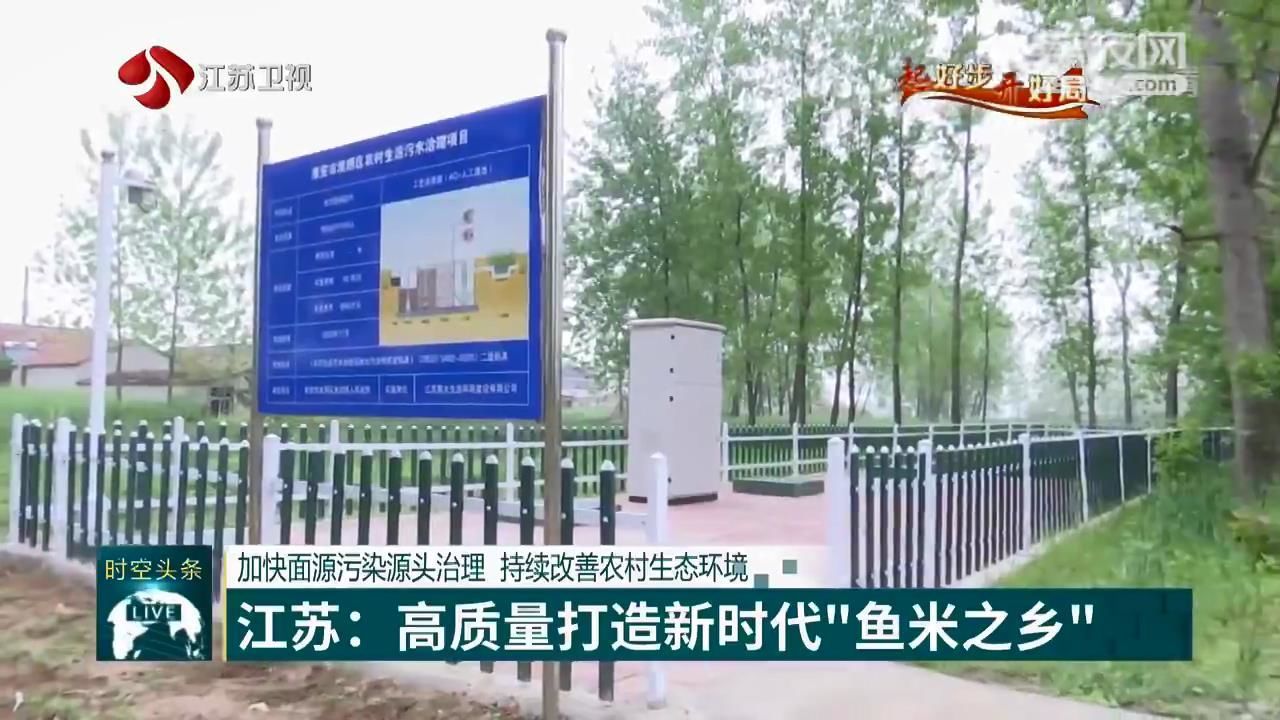
Yangmiao Village in Huaiyin District of Huai'an City has put into use a micro-power sewage treatment facility to effectively collects and treats domestic sewage.
The collection and treatment of domestic sewage in Jiangsu’s rural areas is very difficult, especially in the vast rural areas of Central and Northern Jiangsu, where population mobility is high and villages are scattered.
Constrained by the shortage of funds, Huaiyin District adopts small sewage treatment facilities to connect farmers' kitchens and toilets, which has reduced the cost of sewage pipe construction and sewage treatment while enabling the quality of the sewage water to reach the first-level B standard.
120 small sewage treatment facilities have been installed in the locality since the project was put into operation, improving the rural domestic sewage treatment rate from less than 15% to 78%.
Huaiyin District has used the Internet of Things technology to inspect and control rural domestic sewage facilities and equipment through the mobile phone platform, eliminating the worry of high maintenance costs and realizing the long-term and stable operation of micro-power sewage treatment facilities.
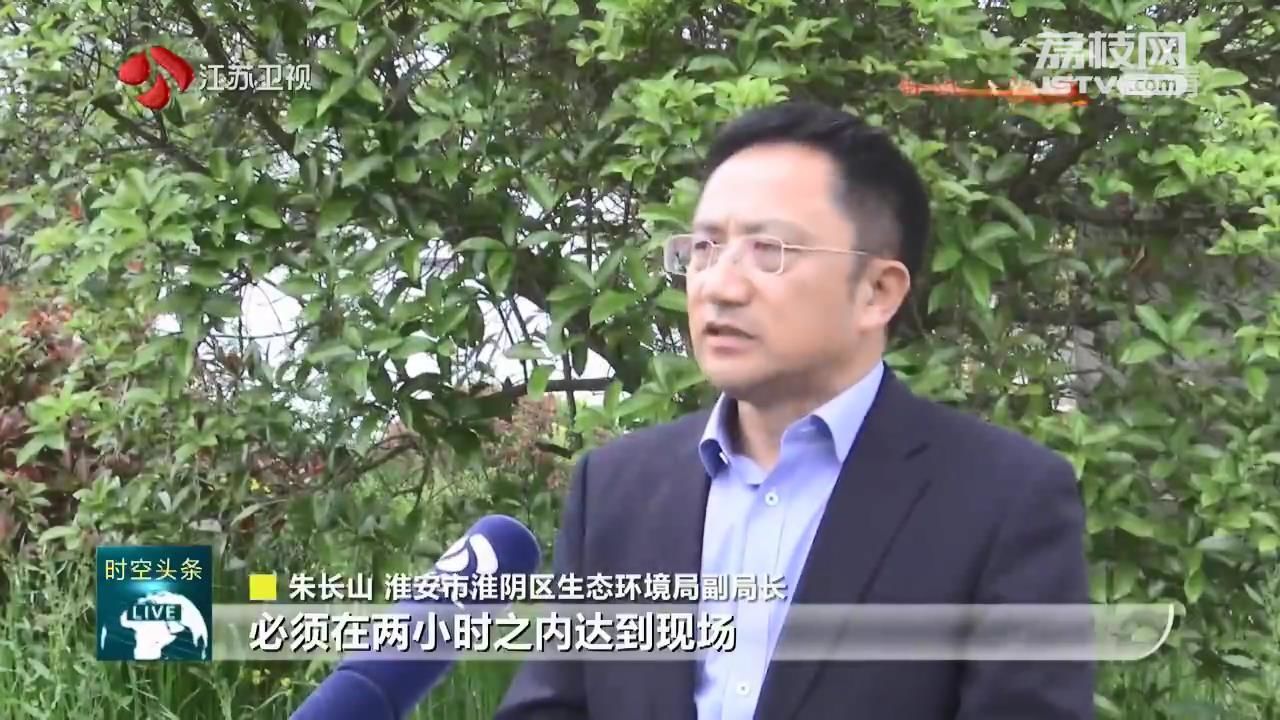
Zhu Changshan, Deputy Director of the Ecological Environment Bureau of Huaiyin District, Huai'an City
"We have implemented 24-hour supervision. Once a problem is discovered, the operation and maintenance worker must be on site within two hours to perform maintenance in a timely manner to ensure the normal collection and treatment of sewage in the pipeline network," said Zhu Changshan, Deputy Director of the Ecological Environment Bureau of Huaiyin District, Huai'an City.
Jiangsu has incorporated rural domestic sewage disposal into the indexes for high quality development, rural revitalization and livelihood improvement.
The province will make every possible effort to ensure that 90% of the rural areas in the southern regions will have access to domestic sewage treatment facilities by 2025. The percentage rate will reach 80% for areas in the central and northern regions.
In rural areas, large amounts of agricultural waste can easily pollute the environment, but if handled properly, the waste can be turned into treasure.
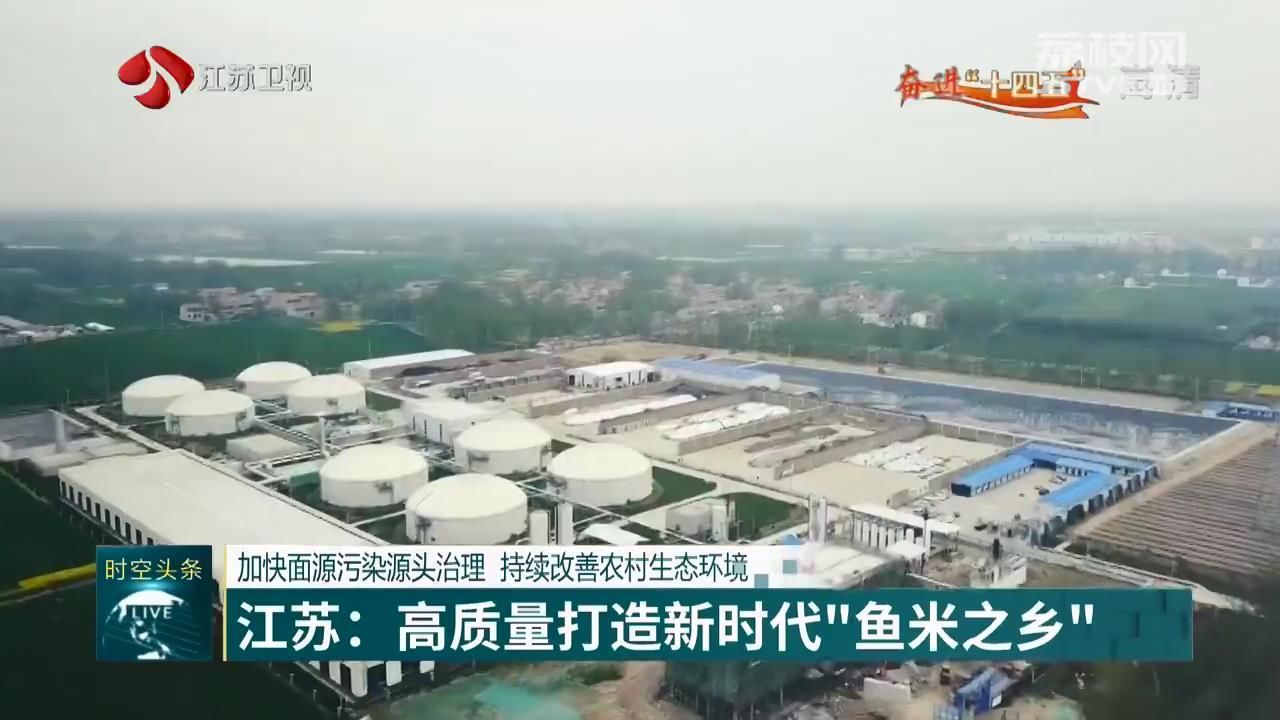
The organic waste treatment center in Anguo Town, Peixian County, transports and processes 600 tons of livestock and poultry manure, 50 tons of kitchen waste and 50 tons of straw, producing 15 thousand cubic meters of bio-natural gas, 20 tons of organic fertilizer and other beneficial substances and achieving a win-win situation for both social and economic benefits.
According to the "14th Five-Year Plan", Jiangsu will make significant progress in the control of various pollution sources in rural areas by 2035, ensuring that by 2025, more than 93% of the arable land in the province is pollution-free, and more than 95% of straw will be comprehensively utilized.
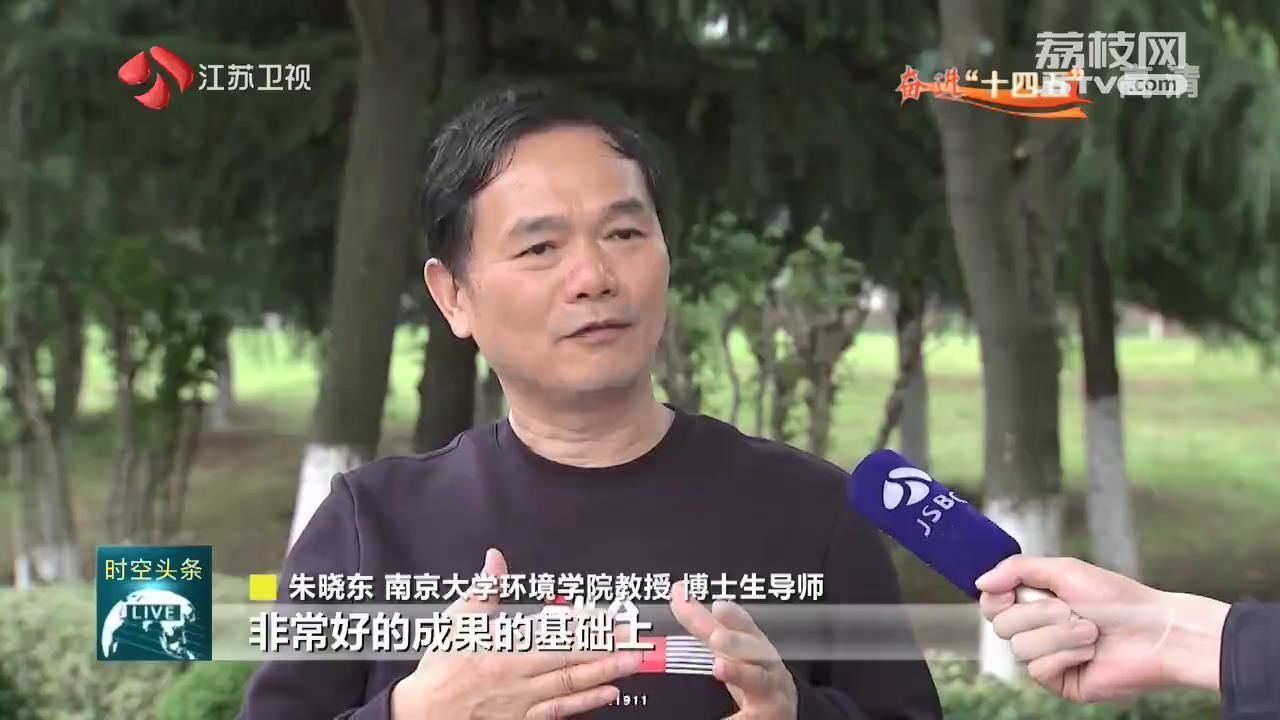
Zhu Xiaodong,Professor of School of Environment, Nanjing University, Doctoral Supervisor
"On the basis of the existing achievements, we will make up for weaknesses, strengthen governance, establish a long-term mechanism for rural environmental infrastructure construction, cultivate new professional farmers, and ensure that after the goal of green ecological agriculture is achieved, pollution can be controlled and treated at the root so that the rural ecological environment will become more beautiful," said Zhu Xiaodong,Professor of School of Environment, Nanjing University, Doctoral Supervisor.
(Source:ourjiangsu.com)
